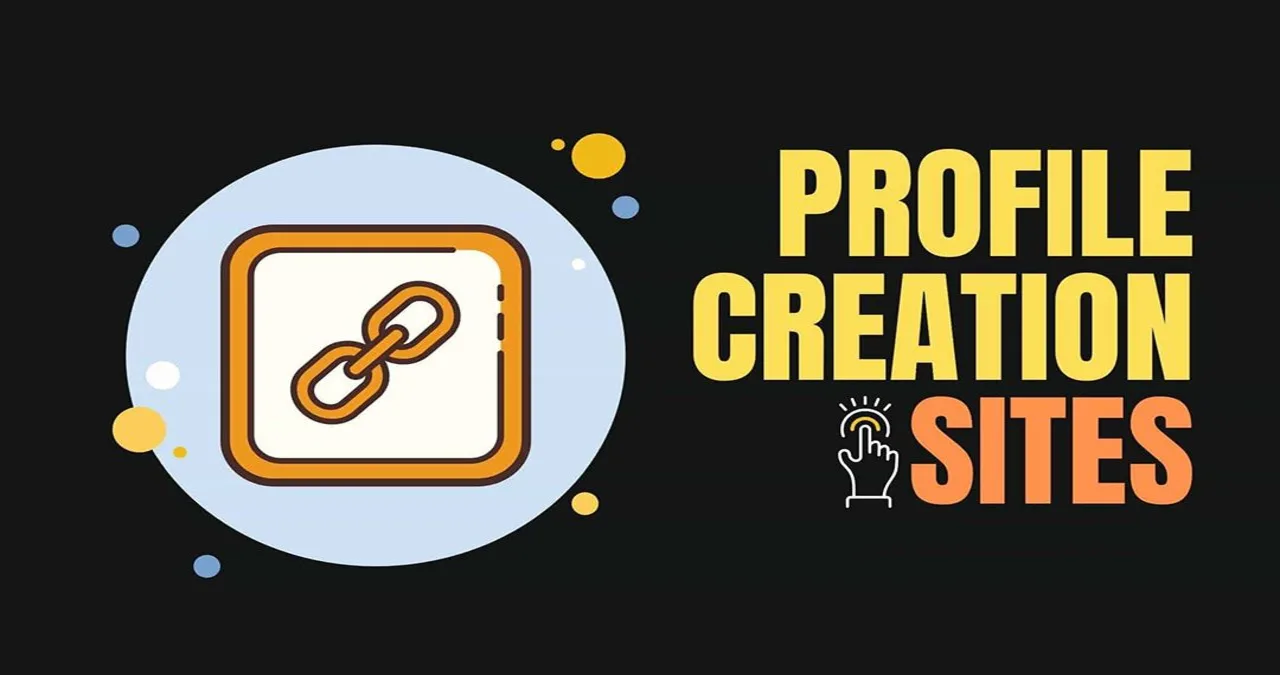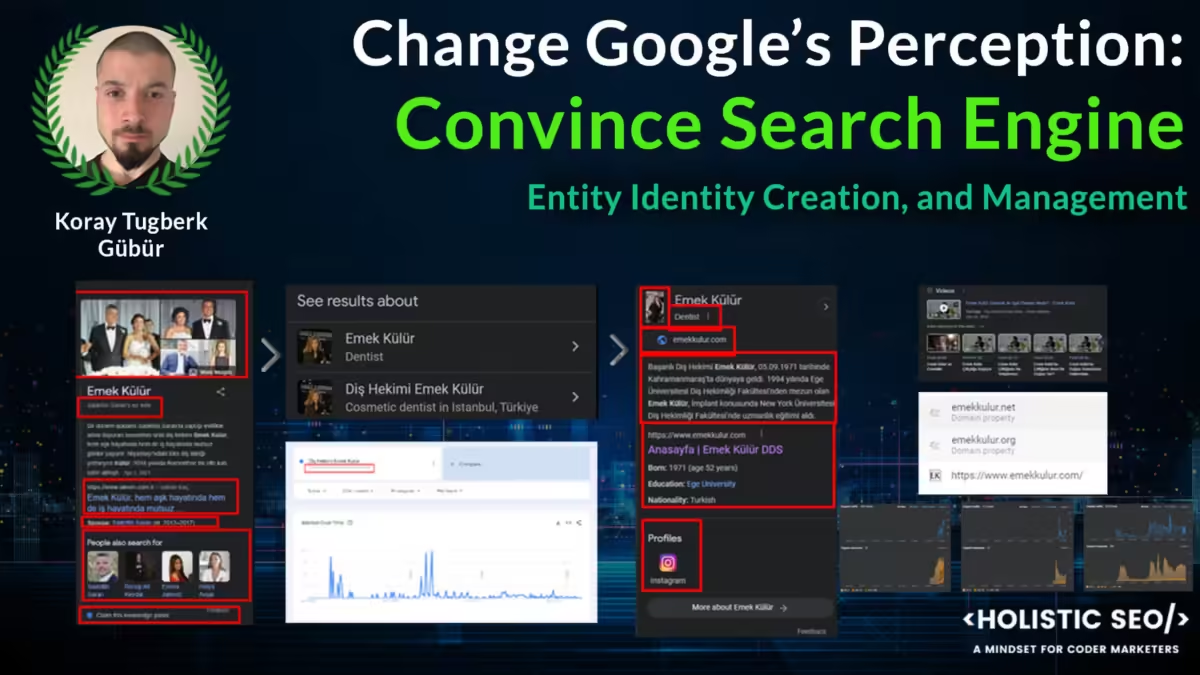Title: Understanding Informational Sites Like Wikipedia, Crunch base, and Public Records

Informational Sites Like
Informational Sites Like websites have become an essential part of how we gather and consume knowledge in the digital age. Whether you’re seeking details about a company, a public figure, or even historical events, these sites have made information more accessible and easier to navigate. Among the most widely recognized informational platforms are Wikipedia, Crunchbase, and PublicRecords. Each of these sites serves a different purpose, but all offer valuable insights into a wide variety of topics. In this article, we will take a deep dive into these platforms, exploring how they operate, what they offer, and why they remain essential tools for knowledge-seekers around the globe.
What Are Informational Sites?
At their core, informational sites are digital platforms that provide valuable data and facts on a wide range of topics. Unlike blogs or opinion-based websites, these platforms are grounded in verifiable data and often rely on credible sources. They aim to educate, inform, and sometimes even provide a historical record of certain subjects. Examples of informational sites include online encyclopedias, databases, and record systems, all of which focus on delivering factual information that can be accessed easily by anyone with an internet connection.
The key to these websites’ success lies in their commitment to accuracy and reliability. While the internet is flooded with opinions, social media updates, and blogs, informational websites stand apart by offering detailed, factual content. Sites like Wikipedia.org, Crunchbase.com, and PublicRecords.com are recognized as go-to sources for factual data, offering insights that people rely on for research, decision-making, and general knowledge.
Wikipedia: The Online Encyclopedia for All
Wikipedia.org is undoubtedly one of the most popular informational sites on the internet. Since its launch in 2001, Wikipedia has grown into one of the largest sources of knowledge in the world, offering millions of articles on topics ranging from science to history, pop culture, and even niche subjects. The site operates on a wiki model, allowing users from all over the world to contribute, edit, and update articles, making it a constantly evolving platform for sharing information.
The Collaborative Nature of Wikipedia
One of the most distinctive features of Wikipedia is its collaborative nature. Unlike traditional encyclopedias, which rely on experts and paid editors, Wikipedia is open to contributions from anyone with an internet connection. This means that users from all walks of life can add new information, correct errors, and help expand existing articles. While this open model has raised concerns about the accuracy of some entries, Wikipedia has established a robust system of citation and referencing, encouraging contributors to back up their information with reliable sources.
For this reason, Wikipedia has become a first-stop reference point for many individuals. Whether you’re looking up the biography of a famous person, researching a scientific discovery, or learning about a historical event, Wikipedia provides an easy-to-understand and user-friendly interface that simplifies complex topics.
The Strengths and Challenges of Wikipedia
Wikipedia’s open-source model has both its strengths and challenges. On the one hand, it democratizes knowledge by allowing people from diverse backgrounds and expertise levels to share their insights. On the other hand, it also poses risks of misinformation, especially when articles aren’t carefully monitored or when sources aren’t properly cited.
Despite these concerns, Wikipedia has implemented strict editorial guidelines and employs a team of administrators to help maintain the quality of content. The website also allows users to flag problematic articles, encouraging the community to work together to ensure the accuracy of the platform’s content. While not without its imperfections, Wikipedia remains a valuable resource for individuals and institutions alike, offering information that is often updated faster than traditional sources.
Crunchbase: The Hub for Startups and Business Information

Crunchbase.com is another prominent informational website, but with a specific focus on business data. Originally launched in 2007, Crunchbase serves as a comprehensive database of information about companies, startups, investors, and business professionals. The platform provides detailed profiles that include financial data, funding rounds, acquisitions, and more. For anyone interested in the world of business and entrepreneurship, Crunchbase is an indispensable resource.
Crunchbase’s Focus on Startups
One of the defining features of Crunchbase is its focus on startups and emerging companies. Entrepreneurs, investors, and analysts alike turn to Crunchbase to discover new and growing businesses. The site includes profiles on thousands of startups from various industries, helping users keep tabs on the latest trends in the business world. Whether you’re an investor looking for promising companies to fund, a job seeker researching potential employers, or an entrepreneur looking to network, Crunchbase offers a wealth of data to help you navigate the complex world of startups.
Crunchbase’s detailed company profiles typically include information such as founding dates, the number of employees, funding history, leadership teams, and key business metrics. Additionally, Crunchbase features tools that allow users to filter data based on specific criteria, making it easier to track industry trends, investor activity, and company growth.
Crunchbase as a Networking Tool
In addition to its extensive database, Crunchbase also acts as a valuable networking tool for individuals within the startup ecosystem. Business owners, investors, and professionals can create profiles to promote their ventures, connect with others in their industry, and engage with potential partners or clients. This has helped Crunchbase become more than just a repository of information—it’s a community-driven platform that facilitates the exchange of ideas and fosters collaboration.
For users looking to keep up with the ever-changing landscape of the startup world, Crunchbase provides an intuitive platform that consolidates essential business data and serves as a valuable networking resource.
PublicRecords: Uncovering Public Data and Legal Information
PublicRecords.com is another key player in the world of informational websites, though its focus differs from that of Wikipedia and Crunchbase. PublicRecords specializes in offering access to a wide array of public records, such as criminal background checks, property records, marriage licenses, and court documents. By providing easy access to this information, PublicRecords.com serves a crucial role in helping individuals, legal professionals, and businesses gather important legal and public data.
The Importance of Public Records
Public records contain valuable information that can be used for various purposes. For example, real estate investors often use property records to verify ownership history and assess market trends. Legal professionals may rely on court records to track ongoing cases or conduct due diligence before proceeding with legal action. Similarly, individuals might turn to background checks to verify the information of potential employees, tenants, or business partners.
PublicRecords.com simplifies the process of accessing these types of records, offering a searchable database that allows users to obtain relevant information quickly and efficiently. While public records are typically available through government agencies, the process of requesting and obtaining them can be time-consuming and bureaucratic. PublicRecords.com streamlines this process by consolidating data into one easy-to-navigate platform.
Navigating Public Records Online
The ability to search public records online has revolutionized how individuals access legal information. What was once a cumbersome process that required physical visits to government offices is now as simple as typing a few keywords into an online search bar. With PublicRecords.com, users can quickly access a range of documents, including property deeds, divorce filings, and even vital records such as birth and death certificates.
However, it’s important to note that not all public records are freely available online due to privacy and security concerns. Some records, such as sealed court documents or certain personal data, may require a formal request or special permission to access. Nonetheless, PublicRecords.com has made it significantly easier for users to obtain the information they need without navigating through red tape or complex legal procedures.
How These Informational Sites Compare
While Wikipedia, Crunchbase, and PublicRecords all serve different purposes, they share common traits that make them valuable resources for knowledge seekers. All three platforms focus on delivering factual and verifiable information, and they operate with a strong commitment to accuracy and transparency.
Wikipedia vs. Crunchbase vs. PublicRecords
Wikipedia is an open-source platform that covers a vast range of topics, from history to technology and everything in between. It is widely used by individuals seeking a quick, general overview of a subject. Crunchbase, on the other hand, focuses specifically on the world of startups, businesses, and investments. It offers detailed information on companies and entrepreneurs, making it an essential tool for anyone interested in the business world. PublicRecords caters to a very different audience, providing access to public and legal records. It serves individuals, legal professionals, and businesses looking for detailed and often private data for legal or informational purposes.
Each of these sites excels in its niche, and their unique focuses make them indispensable tools for research, decision-making, and staying informed about the world around us.
The Future of Informational Sites
As the internet continues to evolve, so too will the role of informational websites. With the increasing demand for transparency, accuracy, and easy access to data, platforms like Wikipedia, Crunchbase, and PublicRecords are poised to continue growing. They will likely expand their databases, improve user experience, and adapt to emerging technologies like artificial intelligence and machine learning.
Wikipedia, for instance, could see further improvements in its fact-checking systems, ensuring that articles remain as accurate and up-to-date as possible. Crunchbase may continue to refine its business data, offering deeper insights into industries and providing users with predictive tools for tracking company performance. PublicRecords may expand its offerings, providing even more comprehensive access to public and legal data in a more secure and user-friendly manner.
Conclusion: The Essential Role of Informational Sites in the Modern World
Wikipedia.org, Crunchbase.com, and PublicRecords.com have each carved out their own unique space in the world of informational websites. Whether you’re looking for knowledge on a particular topic, exploring the world of business, or uncovering public records, these platforms are essential tools that help individuals and organizations make informed decisions.
In an age where information is more abundant than ever, it’s crucial to rely on trusted and accurate sources. Informational sites like Wikipedia, Crunchbase, and PublicRecords ensure that we have access to data that is reliable, up-to-date, and accessible at our fingertips. As these platforms continue to evolve, we can expect them to play an even more prominent role in how we learn, work, and interact in an increasingly digital world.



